If you have met with one of our advisors, we have probably asked you to share your most recent tax return with us. While we are not tax advisors or tax preparers, we do have a lot of experience with the impact that taxes have on a family’s financial plan and investments. So, what are we looking for when we look at your tax return?
- Roth conversion opportunities. Converting traditional (pre-tax) IRA dollars into a Roth can make a lot of sense for some people, particularly those who are in an “income valley” – they have retired from regular work and their taxable income has been reduced, but they know in a few years the combination of Social Security benefits and required minimum distributions from their IRAs will force the income back up into a much higher tax bracket. In many cases, this is an ideal scenario to do a Roth conversion. By looking at your income tax return and planning ahead, we can potentially create the opportunity for multiple years of paying taxes at a lower rate while increasing the tax-free (Roth) portion of your overall portfolio.
- Realizing capital gains efficiently. A primary tenant of our investment philosophy is rebalancing your portfolio regularly to maintain an appropriate allocation. Why do we do this? We believe in the power of diversification; that your portfolio is best served in the long run by not being too concentrated in one place, which will tend to happen if it’s unmanaged. The challenge in rebalancing a portfolio is most apparent in your single-name, trust, or joint investment accounts (not your IRA) because everything that happens in that account is potentially a taxable event. By reviewing the Schedule D on your tax return, we can have a better understanding of your capital gains situation, and we’ll be able to use any capital loss carryforwards to help offset the current gains in your account if we need to rebalance. We will also coordinate with your CPA to understand your tax thresholds so that rebalancing your portfolio does not push you into a higher tax bracket.
- Charitable giving opportunities. At age 72, the IRS requires that you begin distributing funds from your 401k or IRA – these are the “required minimum distributions” mentioned earlier. These distributions are of course considered taxable income to you. If you are charitably inclined, a “qualified charitable distribution” will allow you to make contributions directly from your IRA to your charity or charities of choice. That money will not be considered taxable income to you.
- Proactively managing distributions. If you are actively distributing funds from your portfolio to enjoy retirement, tax consequences for those distributions varies depending on the type of account used. A single-name, trust, or joint-named account has very different rules than an IRA, which is different than a Roth IRA. By analyzing your tax return and working with your CPA, we can provide an accurate and proactive plan for the order in which you pull money from your accounts. In many cases, this proactive approach can give you the opportunity extend the life of your portfolio while potentially paying less in lifetime taxes.
- Ongoing management of your marginal tax bracket. A common thread running through these suggestions is with some forethought, it is possible to optimize your investment accounts and how you make distributions or contributions. As income and your tax bracket changes over time, due to a new job or a raise, retirement or layoffs, sale of assets or large medical expenses, it is possible and desirable to create a plan for your portfolio that takes the changes in your life into account.
- Collaboration. Another core tenant at BentOak Capital is professional collaboration. We believe you are best served when all of your professional advisors – CPA, attorney, insurance agent, and financial planner – communicate and work together for your common good. Proactively communicating with your CPA can pay huge dividends by deferring or reducing your potential tax burden.
There are many more things that could be said about each of these bullet points, but this should give you a good idea of how your financial plan goes deeper than your portfolio. Tax planning is another consideration. Give us a call to schedule some time to get a deeper dive into your tax planning strategy.
The opinions voiced in this material are for general information only and are not intended to provide specific advice or recommendations for any individual.
Traditional IRA account owners have considerations to make before performing a Roth IRA conversion. These primarily include income tax consequences on the converted amount in the year of conversion, withdrawal limitation from a Roth IRA, and income limitations for future contributions to a Roth IRA. In addition, if you are required to take required minimum distribution (RMD) in the year you convert, you must do so before converting to a Roth IRA.
This information is not intended to be a substitute for specific individualized tax advice. We suggest that you discuss your specific tax issues with a qualified tax advisor.
Rebalancing a portfolio may cause investors to incur tax liabilities and/or transaction costs and does not assure a profit or protect against a loss.







